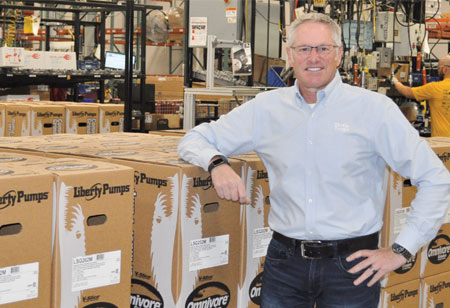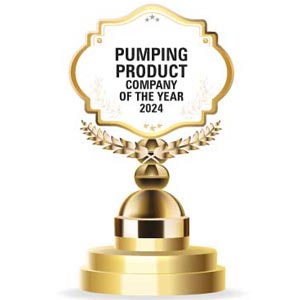Thank you for Subscribing to Construction Business Review Weekly Brief
Pumping Product Company Of The Year – 2024
The construction industry is shifting toward sustainable building practices, particularly in the multi-family residential sector. This transformation is driven by escalating energy costs, heightened environmental awareness, and increasing regulatory requirements. In the United States, certifications such as LEED and ENERGY STAR foster greener practices, helping developers reduce their ecological footprint while appealing to eco-conscious renters and buyers.
A significant evolution in sustainable apartment and condominium construction is adopting materials and practices prioritizing environmental and occupant health. Key trends include using Cross-Laminated Timber (CLT), recycled and low-VOC materials, green roofs and living walls, energy-efficient systems, and water conservation innovations. Additionally, the industry incorporates health and wellness elements, biophilic design, improved indoor air quality, and communal green spaces that enhance residents’ quality of life.
Renewable energy solutions, such as solar power and energy storage, are becoming increasingly cost-effective, enabling multi-family residences to transition toward energy-positive buildings. These structures consume at least 10% less energy than similar uncertified buildings, reducing operational costs and healthier indoor environments.
The drive for sustainability in multi-family residences extends beyond regulatory compliance. It embodies a commitment to building a resilient, eco-friendly future that benefits residents, developers, and the environment. As these trends progress, they set the standard for sustainable urban living.
Sustainable construction in multi-family housing will play a pivotal role in achieving climate goals, with policies likely to expand support for LEED and ENERGY STAR certification. As renewable energy technology costs continue to decrease, multi-family residences are well-positioned to evolve into energy-positive buildings that contribute more energy to the grid than they consume.
This edition represents an intersection of environmental stewardship, cost savings, and quality of life for residents. The magazine also includes insights from Abby Hesman, Vice President of Property Management, Picerne Real Estate Group, and Chad Johnson, Regional Vice President of Property Management, Kimco Realty Corporation.
We hope these valuable insights from industry leaders featured in this edition will assist you in making informed decisions for your businesses.
Let us know your thoughts.
Pumping Product Company Of The Year
Liberty Pumps, based in Bergen, NY, manufactures pumps with the customer's needs in mind, ensuring a quality solution for every installation. Whether protecting basements from floodwaters or handling tough sewage and wastewater scenarios, Liberty Pumps’ range of sump, sewage, effluent and grinder pumps is built with one goal in mind—dependable performance where it matters most.





